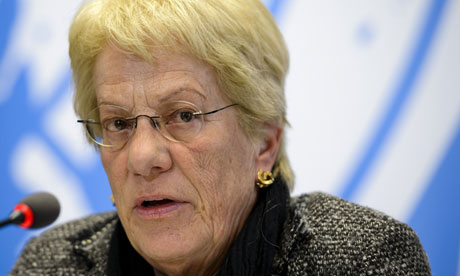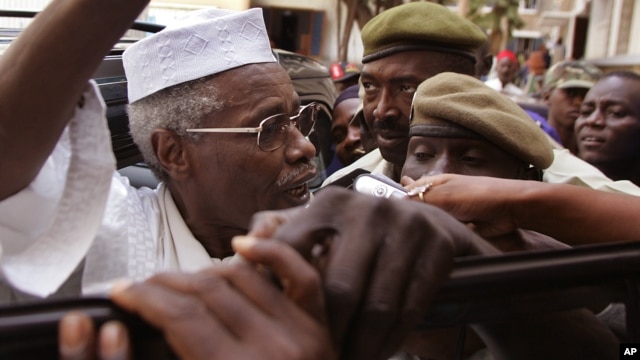By Alexandra Sandacz
Impunity Watch Reporter, Europe
MUNICH, Germany – On Monday, the surviving member of a neo-Nazi unit went on trial for numerous racist murders. Beate Zschäpe, 38, is accused of her association with National Socialist Underground (NSU) who killed 10 people, most of them of Turkish origin.

Four male defendants, who face lesser charges of aiding the NSU, are also on trial with Zschäpe. Zschäpe could face life in prison if convicted. However, she denies the charges.
Sebastian Scharmer, one of the lawyers, said, “The idea that the N.S.U. only consisted of three very dangerous far-right extremists is very difficult to imagine.”
Prosecutors claim the three members assembled “to realize their racist ideals, influenced by the Nazis for a preservation of the German nation through carrying out murders and explosive attacks to bring about change in the government and society.”
Prosecutors also state that the NSU was behind two bombings in Cologne, Germany. Both bombing were intended to kill “as many people as possible only because of their non-German origin.” Although no one was killed, twenty-three people were wounded in the attacks.
Although Zschäpe is not accused of her direct involvement in the murders, the group’s decisions were made jointly.
Zschäpe’s lawyer said she will not testify at her trial.
Outside the courthouse, German-Turkish community groups and anti-racism demonstrators gathered to display banners. One read, “Hitler child Zschaepe, you will pay for your crimes”.
Osman Can, a leader of Turkey’s governing party, believes the trial is a “question of humanity.” He continued, “The violent methods that are seen in this case are not only aimed at Turks. They are against Jews or Roma, or any viewed as ‘others’ in German society.”
In addition to the demonstrators, around 500 police officers provided security and members of the public and media lined up for a chance to attend.
After the trial began, the judge subsequently adjourned the trial until May 14 after the defense team accused the judge of bias. Zschaepe’s lawyers filed a motion, which complained about a search for possible weapons or other objects while the prosecutors and police were not present.
This NSU case originally caused controversy when the police wrongfully accused the Turkish mafia for the murders. As a result, the head of Germany’s domestic intelligence service was forced to resign.
Lawyers for the family of the first victim, Enver Simsek, stated, “With its historical, social and political dimensions, the NSU trial is one of the most significant of post-war German history.”
Mehmet Daimagüler, another lawyer who represents several of the victims’ survivors, compared this trial to the Allies’ prosecution of Nazis in 1945 and 1946 in Nuremberg.
For further information, please see:
BBC – Neo-Nazi Murders: Beate Zschaepe Goes On Trial In Germany – 6 May 2013
National Post – High-Profile Neo-Nazi Murder Trial Begins in Germany Amid Tight Security – 6 May 2013
NBC News – “Hitler Child” Goes on Trial in Germany for 10 Racist Murders – 6 May 2013
The New York Times – Neo-Nazi Trial Begins in Germany – 6 May 2013


